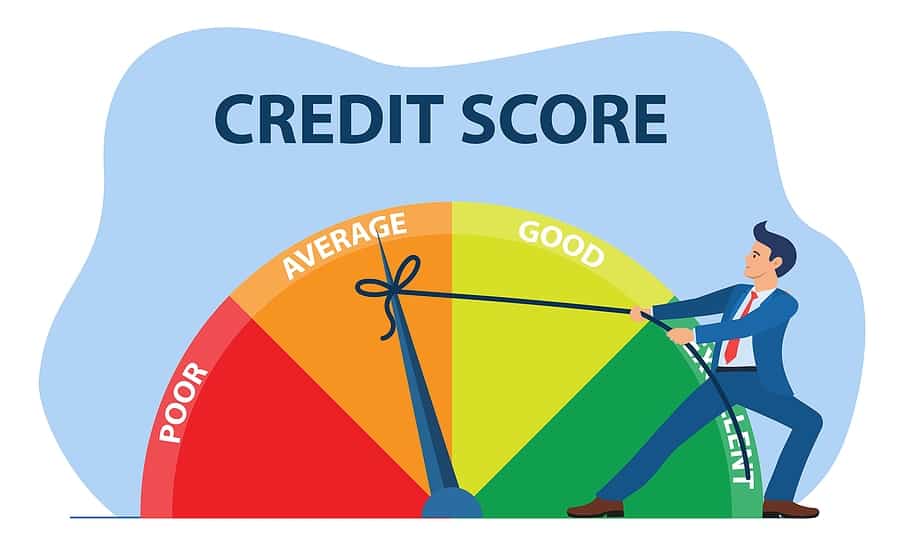
You may not think about your credit score too often, but it probably affects you more than you realize. It determines which credit cards you can get and how much you can borrow from a bank, which can influence your entire monthly budget. So it’s a pretty big deal.
Having a high credit score can make your life a lot easier, but getting there takes patience and a strategy. Here are three of the best things you can do to improve your credit in 2023.
1. Pay your bills on time
Payment history is the single biggest factor influencing your credit score, and regularly paying your bills on time is the best thing you can do to raise your credit score or keep it high. Even a single late payment can drop your score significantly, and this stays on your report for seven years. So you want to avoid this whenever possible.
Keep track of your payment due dates, and if you can, set up automatic payments so you don’t have to remember to make them. If you don’t think you’re going to be able to make a payment on time, reach out to your lender to see what options it can offer you.
2. Stick to using 30% of your credit limit or less when possible
The second biggest factor influencing your credit score is your credit utilization ratio. This is the ratio between how much credit you have available to you each month and how much you actually use. For example, if you charged $1,000 per month to a card with a $5,000 limit, your credit utilization ratio for that card would be 20%.
Lenders generally like to see credit utilization ratios under 30%. Anything higher could indicate that the person needs a lot of borrowed money to sustain their lifestyle, and therefore, could be at a higher risk of default.
Sometimes, lowering your credit utilization ratio is as simple as charging less to your credit cards each month. But there are other ways to do this as well. You could request a credit limit increase or open a new credit card to increase your available credit. Or you could pay your credit card bill twice per month. Credit bureaus only report your balance once per month, so this will make it appear as if you’ve only charged half as much to your card.
3. Don’t open or close credit cards at random
Applying for new credit can help your credit score because, as discussed above, this decreases your credit utilization ratio. But that’s only if you get approved. Most credit card issuers do a hard credit check on your report before they approve you for a new card or a credit limit increase. This can drop your score by a few points. And if you’re denied, you’ve just hurt your credit for no reason.
It’s generally best to wait at least six months since you last applied for new credit before trying again. Ideally, you also want a history of on-time payments and a steady income to increase your odds of being approved.
You also need to be careful about closing credit cards because this can raise your credit utilization ratio. It may reduce your average account age too, which can also hurt your score. That’s why it’s usually best to leave your old credit cards open unless they charge an annual fee.
These aren’t the only steps you can take to improve your credit score, but if you stick with them, you’ll probably notice a difference after a few months. The most important thing is to be consistent. Credit scores are designed to provide a long-term look at how you handle borrowed money, so it takes time to make significant changes.